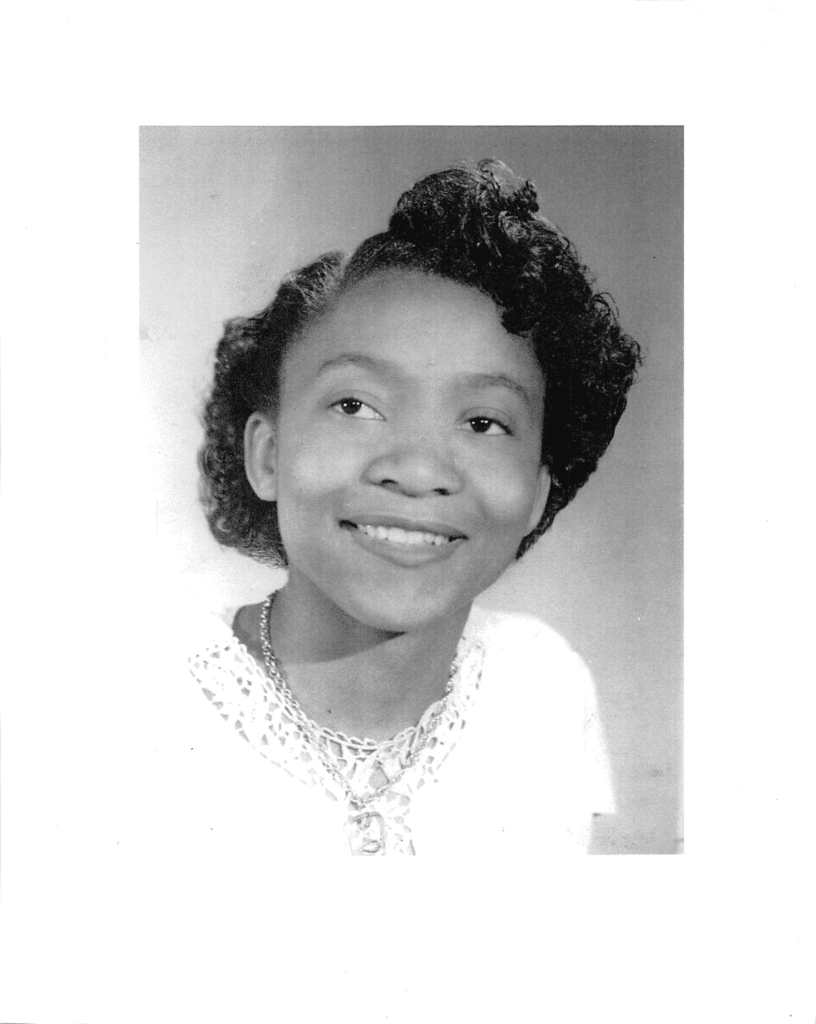Memory loss touches many families. My Aunt Claudia was a no-nonsense, tell-it-like-it-is kind of woman. I adored her. She was a sweet woman who loved her family, doting on her younger siblings and all their children whenever we visited. She met and married her high school sweetheart, my Uncle Jimmy, in her late teens. They raised three children together, and when her mother died at a young age, both she and Uncle Jimmy were surrogate parents to her siblings too. Aunt Claudia ruled the roost (even when she wasn’t in her roost). Uncle Jimmy was no shrinking violet either, but when it came to my Aunt Claudia his response was always “yes Claudie.”
Perhaps some forgetfulness comes with age, but at a certain point we noticed Aunt Claudia experiencing serious cognitive decline. We heard from the other California family (where she lived) about some vague cause for the change, but in truth, I was never sure of the underlying cause. She and Uncle Jimmy were from an era when you didn’t talk about serious health issues. So, while it appeared “out of nowhere” to some of us in the family, I think they knew what was coming: an incredibly disorienting time for her and the family. Uncle Jimmy and their children were lucky enough to be able to care for Aunt Claudia as her memory and ability for self-care eroded. None of us expected it to go as fast as it did, and it was hard on all of us to watch this happen to our vibrant, fun Claudia. There were moments during her decline when she was still Aunt Claudia — opinionated, loving, and utterly hilarious. We cherished those moments, even as they became few and far between.
Unfortunately, my family’s experience with memory issues is not that uncommon. As we recognize Alzheimer’s Awareness Month this November, I can’t help but think of Aunt Claudia and the numerous clients and families I’ve worked with over the years who are facing similarly challenging diagnoses. To my mind raising awareness is critical because the silence and lack of support are part of what makes the experience even more painful. Perhaps if Aunt Claudia had more of an understanding of her condition or sought support earlier, the last years with her would’ve been a bit less jarring for her and our family. That’s why I’m so passionate about Alzheimer’s awareness. (Our team participated in the Walk to End Alzheimer’s this October, too!)
Of course, in our work, the other important aspect to all forms of dementia is preparedness. Having your estate plan established and updated regularly is so important when these diagnoses are discovered. Legally, we cannot allow someone to sign a document when they may not understand the full intent or meaning behind it. This means that a family working through the reality of an Alzheimer’s diagnosis and the need for estate planning for their loved one may have to go to court to get affairs in good order.
We want to prevent that. Preparing documents now that create surrogate decision-makers for you in times of incapacity can be powerful tools for your family. No one wants to think about it, but it is important to have these safeguards in place so your family and you can focus on living, caregiving and just being present in the event your memory diminishes to the point where you need help.
Contact Us to Create Documents that Plan for Memory Loss
Take time to plan for your future this month in honor of the many, many people living with memory loss. I do work like this in honor of my aunt, a strong woman who loved her family and lived a full, happy life.
You can learn more about Alzheimer’s and other forms of dementia at the Alzheimer’s Association’s website, www.alz.org.




